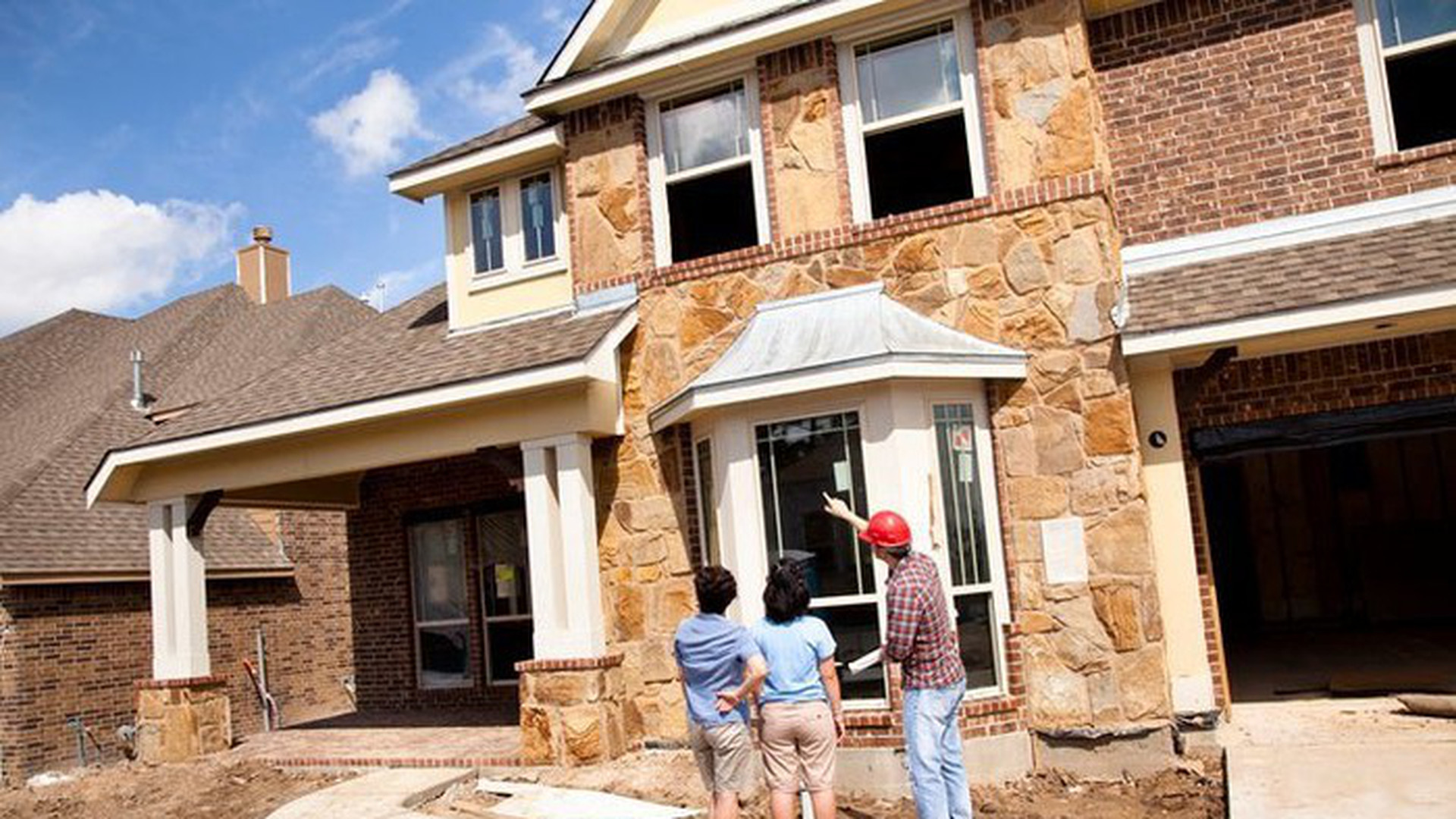Building a home? this could be your biggest budget buster
When you build a home, your builder will give you an up-front quote for the cost of construction. The amount you borrow from a mortgage lender will be based on the builder's estimated price.
Unfortunately, many people who build homes end up going over budget. This can mean taking out a larger mortgage -- if your lender allows it -- or having to pay your builder out of pocket.
There are lots of reasons why you might go over budget on a new-construction home, including changing your mind about various aspects of the build during the construction process. But one of the biggest budget busters comes from one simple thing: Allowances that are too low.
Here's how low allowances can break your home-building budget
When builders provide you with a quote for the construction of a new home, some of that quote is made up of items that have a definite price. For example, your builder will assess how much it's going to cost to put a roof on your home, and the cost of the roof will be built into the contract.
In some cases, however, your builder will give you an allowance for specific items. An allowance means you're allowed a set amount of money for a particular item as part of your construction contract.
It's common to have an allowance for things such as lighting, flooring, and kitchen cabinets. Your builder isn't guaranteeing they'll provide a specific chandelier or a specific set of kitchen cabinets, but rather that they're budgeting $4,000 for lighting or $30,000 for cabinetry. You'll get to spend that allotted money however you like when it comes time to pick those items.
Unfortunately, in some cases, builders make these allowances pretty low in order to keep their bid for your construction competitive. For example, builders may anticipate that your house would cost $400,000 to construct but worry you'll think that's a little bit high. If they based that estimate on $30,000 worth of kitchen cabinets because they believe that's what it'll cost, they might give you a cabinet allowance of only $10,000. That makes the overall costs look lower.
The problem is, when you actually start construction, you may not be able to stay within your allowance. If you can't get the cabinetry you want for $10,000, you'd have to exceed your allowance by $20,000 -- and there goes your budget.
How can you avoid this problem?
If your builder allows it, you can ask not to include allowances in your contract. Instead, you would pick out all of the components of your home before construction starts and get an exact quote on how much they will all cost. This can be time consuming and isn't always feasible, but can be the best approach to getting an accurate, up-front estimate.
If that's not possible, be sure to compare allowances carefully when getting quotes from different builders. If one company's allowances seem much lower than others, that's a red flag. You can also compare allowances that you're offered to what things cost based on an internet search. If the average kitchen costs $30,000 but you've been allotted an allowance of just $10,000, then you know you have a problem.
Take the time to carefully research the allowances your builder offers -- or eliminate them altogether. It could help you avoid unpleasant surprises and hopefully get a much more accurate picture of what your home will cost you.
This article was written by Christy Bieber from The Motley Fool and was legally licensed through the Industry Dive publisher network. Please direct all licensing questions to legal@industrydive.com.
